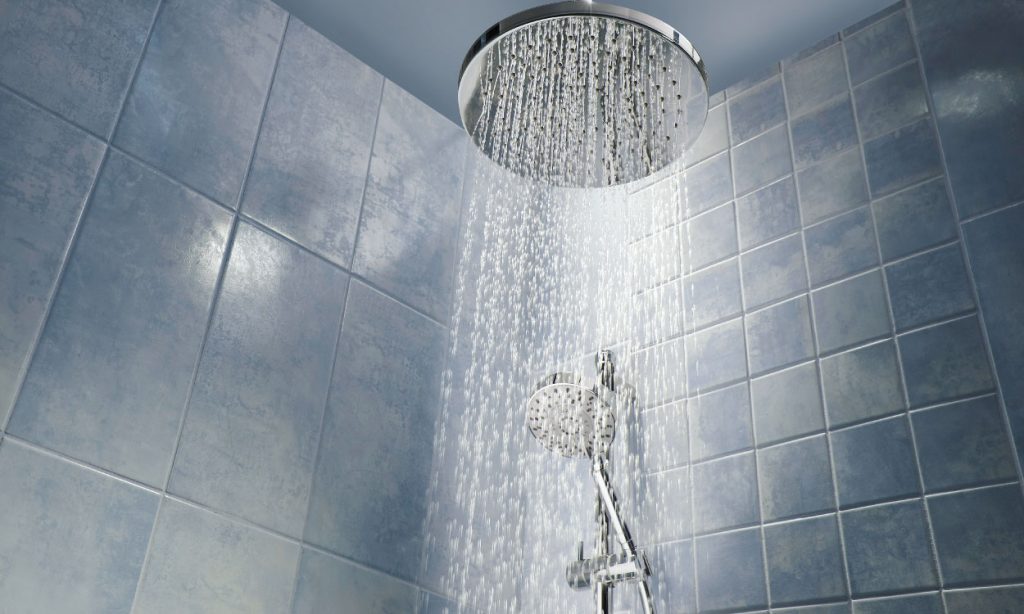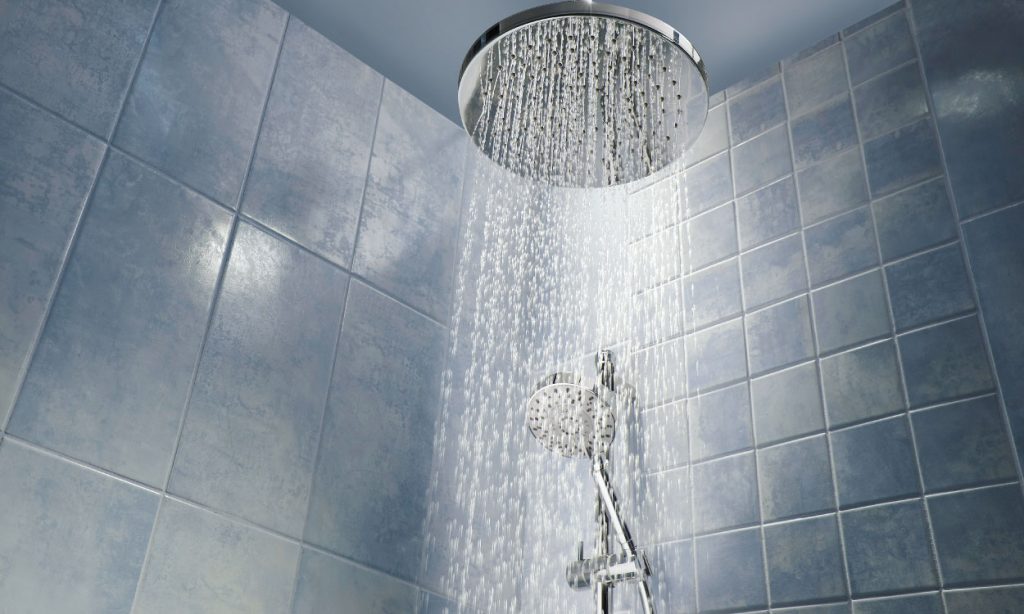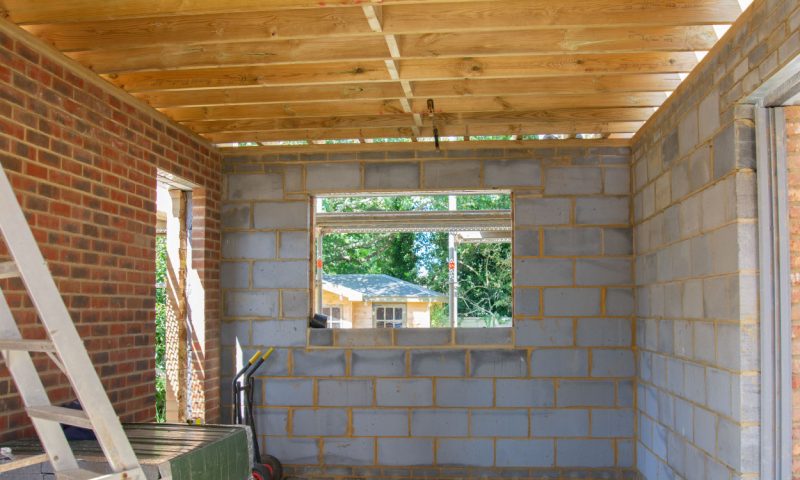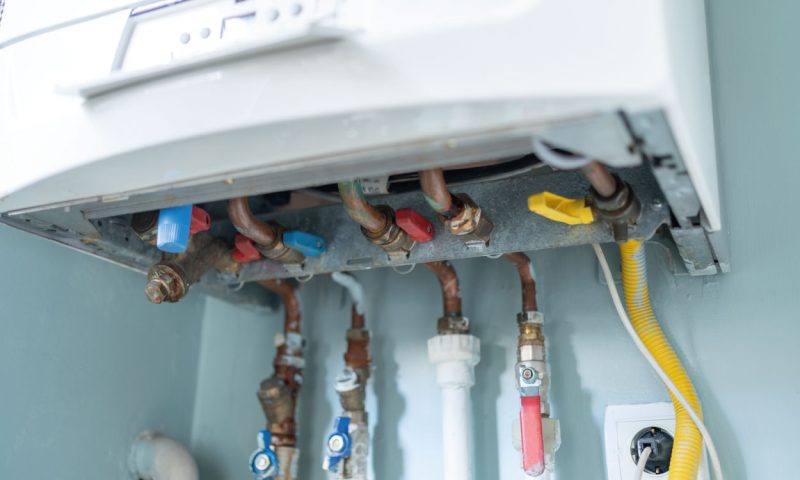How to Cut Energy Bills With Smarter Water Heating

For most households, hot water accounts for a significant portion of energy use. Showers, laundry, dishwashing, and everyday cleaning all rely on a steady supply of heated water. But while hot water is essential, it can also be one of the biggest contributors to your utility bills.
The good news is that smarter water heating options are making it easier to reduce costs without sacrificing comfort.

Why Hot Water Impacts Energy Costs
Heating water is energy-intensive, especially if you rely on outdated technology. Traditional electric storage tanks heat large volumes of water and then maintain that temperature throughout the day, even when you are not using it. This results in what is known as standby energy loss, where the system continually consumes electricity to keep water hot.
Gas systems, while often cheaper to run than older electric units, can also waste energy if they are not sized or maintained correctly. With energy prices on the rise, inefficient systems can add hundreds of dollars to your annual bills.
By switching to a smarter water heating option, households can significantly reduce this ongoing expense.
Smarter Water Heating Technologies
Today’s water heating technology focuses on efficiency, flexibility, and sustainability. Some of the leading innovations include:
- Continuous flow systems: Instead of heating water in a tank, these systems heat water only as you need it. This eliminates standby energy loss and provides a virtually endless supply of hot water.
- Heat pump technology: By extracting heat from the surrounding air, heat pump systems use far less electricity than traditional units. They are ideal for households looking to cut running costs while lowering their environmental impact.
- Solar integration: Solar hot water systems use the sun’s energy to heat water, with electric or gas boosters to ensure reliability. This option delivers substantial long-term savings, especially in sunny climates.
These technologies cater to different household needs while helping to keep energy bills in check.
Why Upgrade to a Modern Hot Water System
Modern water heating systems are designed with households in mind, offering options that balance performance, sustainability, and affordability.
Some of the key benefits include:
- Proven efficiency: Continuous flow and heat pump systems are engineered to deliver hot water using less energy.
- Durability: Built with high-quality materials, modern units are designed to withstand tough conditions.
- Flexibility: With gas, electric, solar, and hybrid models available, there is a system suited to every type of household and budget.
- Smart controls: Many systems include digital settings that allow you to manage water temperature, schedule usage, and optimise energy efficiency.
For landlords and homeowners alike, investing in Rheem hot water systems means long-term reliability combined with reduced running costs.
Practical Tips to Reduce Energy Bills
While upgrading to a modern water heating system is one of the most effective ways to cut costs, there are also simple changes you can make around the home to save even more.
- Lower the thermostat: Many systems are set higher than necessary. Reducing the water temperature to around 60°C for storage systems or 50°C at the tap can save energy while still being safe and comfortable.
- Fix leaks quickly: Even small leaks waste both water and the energy used to heat it. Prompt repairs prevent unnecessary costs.
- Insulate pipes and tanks: Adding insulation helps reduce heat loss, meaning the system does not have to work as hard to keep water hot.
- Use efficient fixtures: Installing water-saving showerheads and taps reduces the amount of hot water used without compromising on comfort.
- Schedule smart use: Running dishwashers and washing machines on eco settings or during off-peak times reduces overall energy demand.
When these practical steps are combined with the efficiency of a modern water heating system, the savings can be significant.
Long-Term Benefits of Smarter Water Heating
Cutting energy bills is the most immediate benefit of upgrading your water heating system, but the long-term advantages extend further. Modern systems also reduce household carbon emissions, helping families live more sustainably. This is particularly true for heat pump and solar systems, which rely less on fossil fuels.
For property owners, installing efficient Rheem hot water systems can also increase the value of a home. Energy-efficient features are attractive to buyers and renters alike, making properties more competitive in a crowded market.
Additionally, modern systems require less frequent maintenance and are built for longevity. This means fewer breakdowns, fewer emergency call-outs, and more predictable running costs over time.
Making the Switch
Choosing the right system depends on your household size, water usage patterns, and budget. Smaller households may benefit from continuous flow units, while larger families often find heat pump or solar-boosted systems more cost-effective in the long run.
Consulting with a licensed plumber is the best way to determine which system suits your property. A professional can assess your needs, recommend the right capacity, and ensure the installation is carried out to maximise efficiency and lifespan.
Final Thoughts
Hot water is a necessity, but it does not have to come with high energy bills. By upgrading to smarter technology, households can enjoy reliable comfort while significantly reducing costs.
With rising energy prices and growing awareness of sustainability, now is the perfect time to rethink how your household heats water. By combining modern systems with simple energy-saving habits, you can enjoy hot water every day without the stress of inflated utility bills.
The post How to Cut Energy Bills With Smarter Water Heating appeared first on UK Home Improvement.







